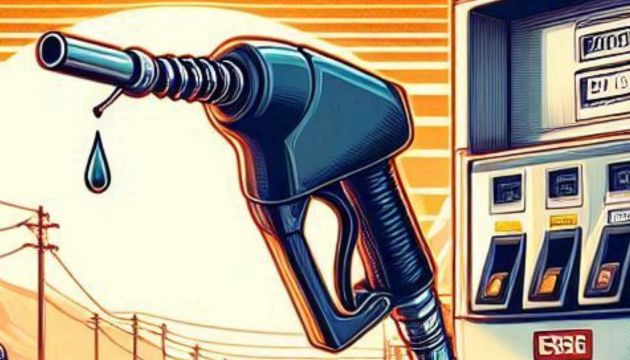ISLAMABAD: Petrol and diesel prices are likely to increase in Pakistan by Rs 7.60 and Rs 3.50 per liter respectively for the next 15 days from July 16, 2024 mainly due to high oil prices in the global market.
According to the media report, sources said that during the last 15 days, the prices of petrol and diesel have increased by $4.40 and $2 per barrel respectively in the global market.
As a result, the price of petrol is expected to increase by Rs 7.60 per liter and the price of diesel by Rs 3.50 per liter. However, this depends on the current tax rates and the final calculation.
It should be noted that the current prices of petrol and diesel are Rs 265.61 and Rs 277.45 per liter respectively. On June 30, the government increased the prices of petrol and diesel by Rs 7.45 and Rs 9.56 per liter respectively.
The government has increased the maximum limit of the petroleum development levy to Rs 70 per liter in the financial bill so that Rs 12.80 trillion can be collected in the current financial year, compared to Rs 960 billion last year. This was about Rs 91 billion more than the target of Rs 869 billion.
The import premium on petrol and diesel remained at $9.60 and $6.50 per barrel respectively during the 15-day period, while the rupee depreciated by around 17 paise against the dollar during this time.
Between May 1 and June 15, petrol and diesel prices were reduced by around Rs 35 per liter and Rs 22 per liter respectively.
The government currently levies a tax of around Rs 77 per liter on both petrol and diesel. Although the General Sales Tax (GST) on all petroleum products is nil, the government is charging a petroleum levy of Rs 60 per liter on both products. The government is also charging a customs duty of around Rs 17 per liter on petrol and diesel, whether locally produced or imported.
Petrol and electricity prices have been the main drivers of inflation. Petrol is mostly used in private transport, small vehicles, rickshaws, and motorcycles.
An increase in the price of diesel increases inflation, as it is mostly used in heavy transport vehicles and raises the prices of vegetables and other food items in particular.











